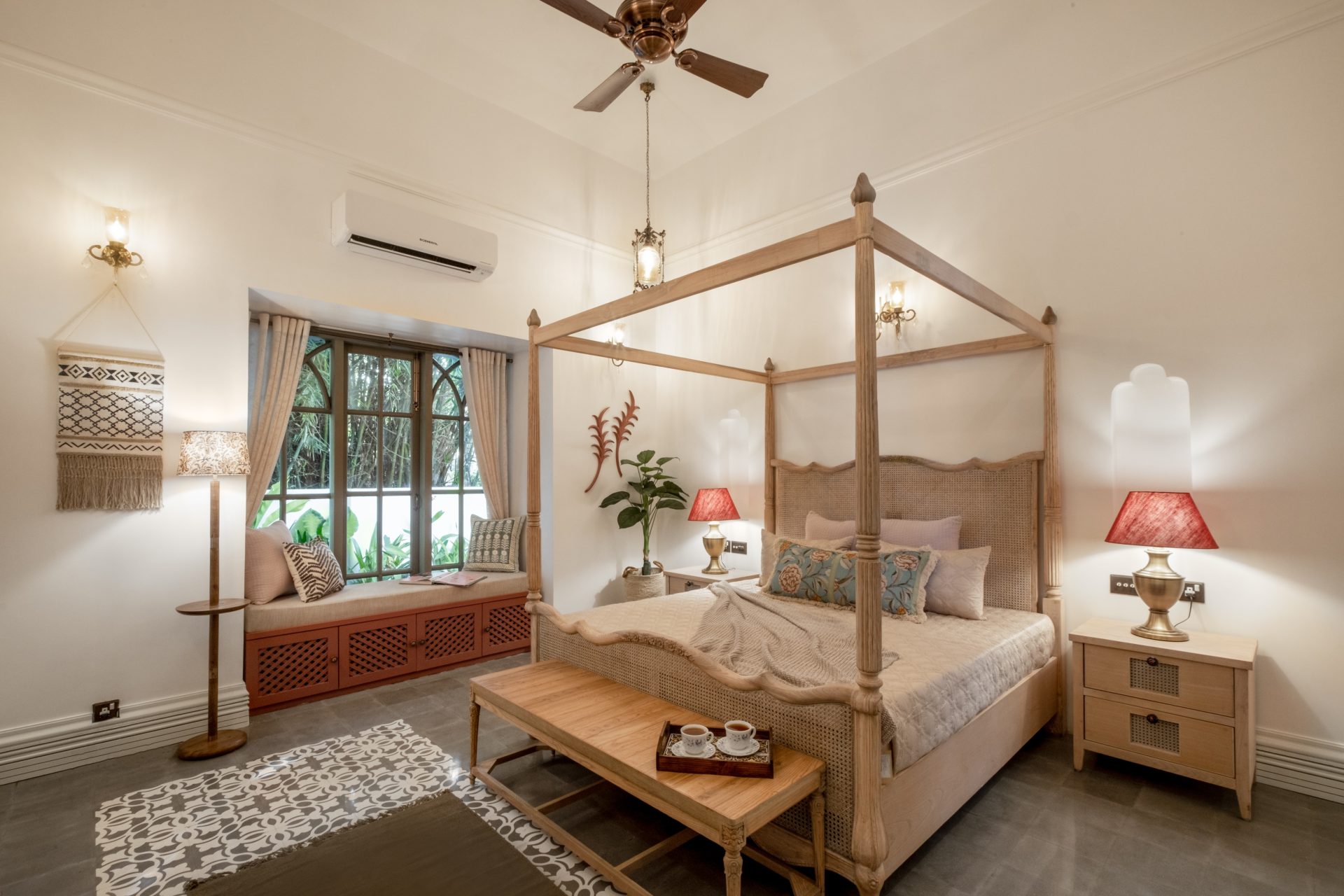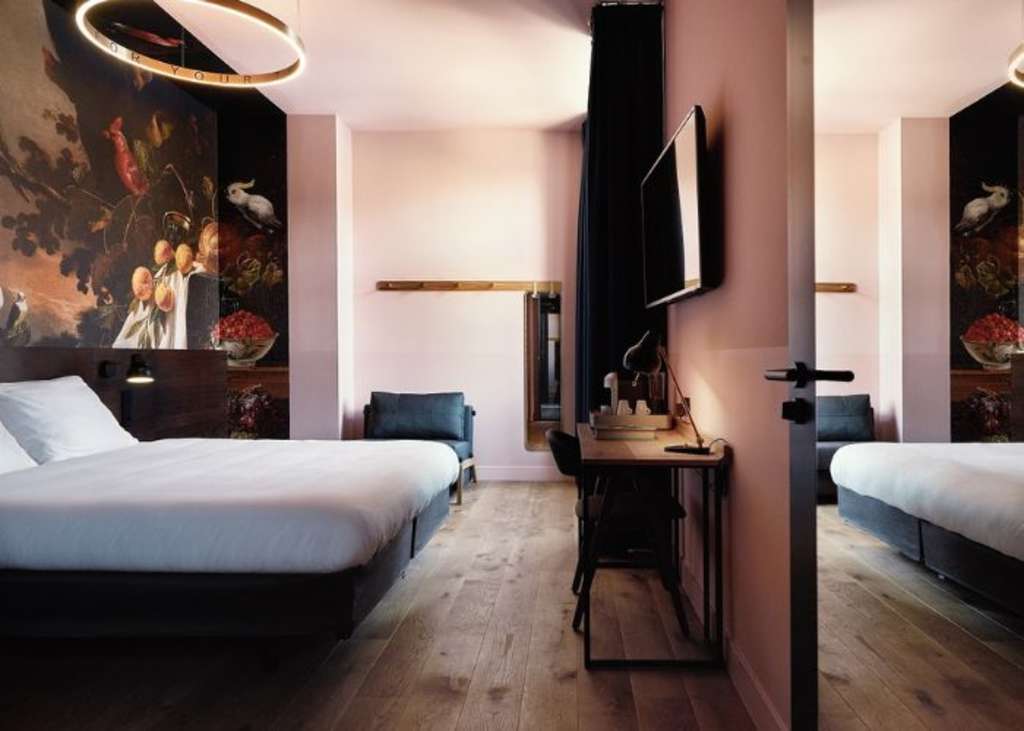In recent years, the hospitality industry has witnessed a significant shift towards personalized and unique lodging experiences, leading to the rapid growth of boutique hotels. Unlike conventional chain hotels, boutique hotels emphasize individuality, design, and intimate customer experiences, making them increasingly attractive to modern travelers. This analysis explores the factors driving the rise of boutique hotels, the changing consumer preferences, and the market trends shaping the future of this sector.
The Evolution of Boutique Hotels
The boutique hotel concept emerged in the 1980s as a response to the uniformity of large hotel chains. Travelers, particularly in urban and cultural hubs, began seeking more personalized experiences. Boutique hotels, typically characterized by fewer than 100 rooms, distinctive interior design, and locally inspired aesthetics, became the answer to this demand. Over the past two decades, the rise of social media and digital booking platforms has further propelled the boutique hotel industry by providing a platform for these establishments to showcase their unique offerings.
Factors Driving the Growth of Boutique Hotels
Several key factors contribute to the increasing popularity of boutique hotels. One of the most prominent drivers is the changing preferences of modern travelers. Millennials and Gen Z consumers, who prioritize experience over material possessions, seek accommodations that offer immersive and authentic experiences. Boutique hotels often incorporate local art, culture, and gastronomy, making them highly appealing to this demographic.
Another significant factor is the rise of social media influence. Boutique hotels leverage platforms like Instagram, TikTok, and Pinterest to attract travelers through visually appealing aesthetics and experiential marketing. Unique architecture, themed decor, and personalized services create shareable moments, boosting their online presence and attracting a global audience.
The growing importance of sustainability in the hospitality industry has also contributed to the boutique hotel movement. Many boutique hotels prioritize eco-friendly practices, including the use of sustainable building materials, locally sourced food, and energy-efficient operations. Conscious travelers seeking responsible tourism options are more inclined to choose boutique hotels over traditional lodging options.
Market Trends and Competitive Landscape
The boutique hotel industry has experienced steady growth globally, with significant expansion in urban centers, resort destinations, and even emerging travel markets. Cities like New York, London, Paris, and Tokyo have seen a surge in boutique accommodations catering to diverse clientele, from business travelers to leisure seekers.
One key trend is the integration of technology to enhance guest experiences. While boutique hotels emphasize personalized service, many have adopted advanced technologies such as AI-driven concierge services, contactless check-in, and smart room automation. This blend of innovation and personalized hospitality sets them apart from traditional hotels.
Another trend shaping the boutique hotel industry is the rise of experiential travel. Boutique hotels often partner with local businesses to offer exclusive experiences, such as cooking classes, art workshops, and adventure excursions. This approach aligns with travelers’ desires for unique and immersive stays, further differentiating boutique hotels from mainstream accommodations.
The competitive landscape within the boutique hotel sector continues to evolve. Independent boutique hotels thrive on creativity and differentiation, while major hospitality brands have started incorporating boutique-style properties into their portfolios. Hotel groups like Marriott’s Autograph Collection and Hilton’s Curio Collection aim to tap into the boutique hotel market while maintaining brand credibility and global reach. This shift demonstrates the growing recognition of boutique hotels as a lucrative segment within the hospitality industry.
Challenges and Opportunities
Despite their growing popularity, boutique hotels face several challenges. One of the primary concerns is scalability. Since boutique hotels focus on uniqueness and personalized services, expanding without compromising their core identity can be difficult. Additionally, high operational costs, particularly in prime urban locations, pose financial challenges for independent hoteliers.
Another challenge is competition from both traditional hotels and alternative accommodation platforms such as Airbnb. While boutique hotels offer curated experiences, travelers also consider factors such as pricing and convenience, making it essential for boutique hotels to continually innovate and provide value-driven experiences.
However, numerous opportunities exist within this market. The rising trend of remote work and digital nomadism has opened doors for boutique hotels to cater to long-term travelers seeking a blend of work and leisure. Creating co-working spaces, offering extended-stay packages, and providing high-speed internet can attract this growing segment.
Additionally, collaborations with local artists, chefs, and businesses allow boutique hotels to curate unique experiences that distinguish them from competitors. Leveraging storytelling, brand authenticity, and strategic marketing can further elevate their market positioning and attract a loyal customer base.
The Future of Boutique Hotels
Looking ahead, the boutique hotel industry is poised for continued expansion. As travelers seek more personalized and memorable experiences, boutique hotels will continue to evolve to meet these demands. The integration of sustainability, technology, and experiential offerings will shape the next phase of growth for this sector.
The rise of boutique hotels signifies a shift in the hospitality industry towards more customer-centric, design-driven, and culturally immersive experiences. With innovation at its core, the boutique hotel market is set to redefine modern hospitality, offering travelers a refreshing alternative to traditional lodging options. As this trend continues to gain momentum, boutique hotels will play an increasingly influential role in shaping the future of travel and accommodation.



